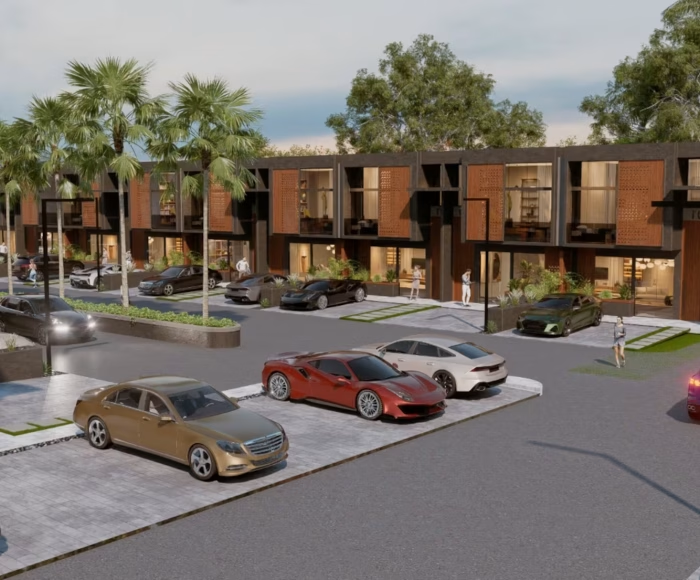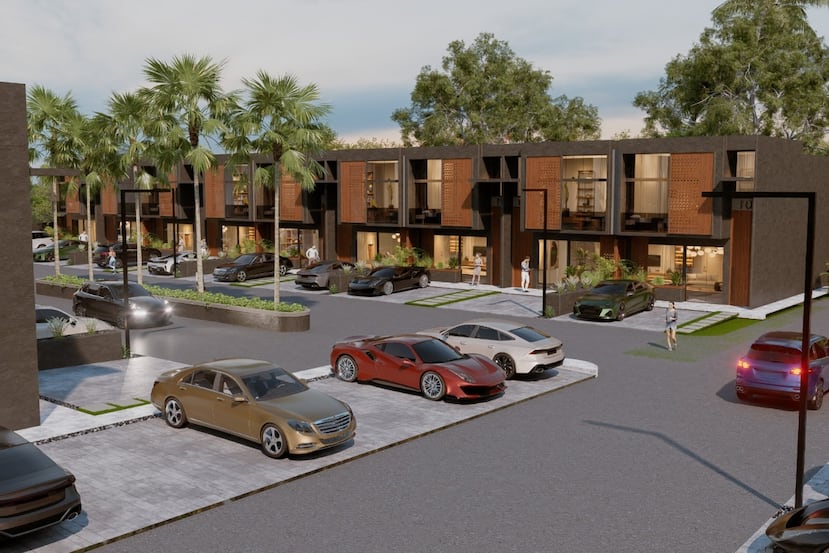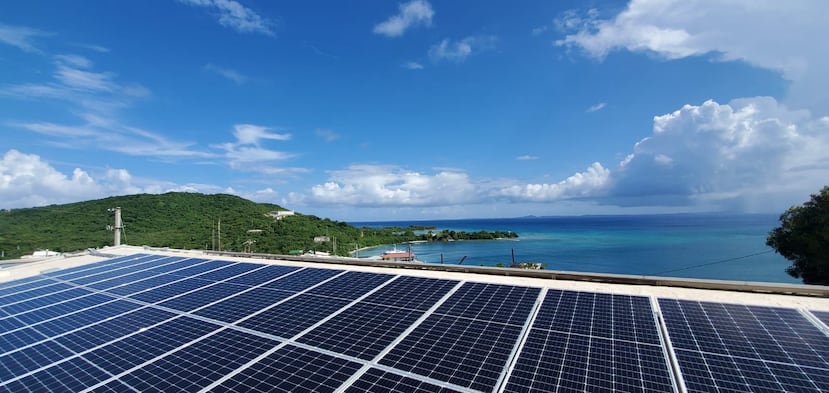Published: W Journal
Sygnus Capital provides $5.4 million construction loan for housing development
The project adds to the company’s portfolio of real estate investments

Sygnus Capital Puerto Rico has closed a $5.4M construction loan to Centric Holdings LLC to build Centric Contemporary Urban Residences, a 24-unit community in Ponce’s San Antón Ward, highlighting the need for sustainable housing solutions. Pictured (seated L-R) are Eric Delgado Torres, Private Credit Business Development Manager at Sygnus Capital Puerto Rico; Abel Misla, Misla Villalba Group; Nannette Pérez, Portfolio Manager, Investment Banking, Sygnus Capital Puerto Rico; and Daniel Muler López, Account Manager, Investment Banking, Sygnus Capital Puerto Rico. Standing (L-R) are attorneys-at-law, Marta Ramírez Isern, Carlos Batista, and Jennifer Gomez Kiss.
Sygnus Capital PR LLC is deepening its footprint in Puerto Rico’s real estate sector with the closing of a $5.4 million construction loan to Centric Holdings LLC for the development of Centric Contemporary Urban Residences, a 24-unit housing development in Ponce.
The transaction reflects Sygnus’ growing influence in one of the Caribbean’s most competitive property markets and its commitment to funding high-impact projects that address critical housing needs.
“This investment underscores Sygnus’ commitment to strategically deploy capital where it can create meaningful community impact. By financing high-impact developments in underserved markets, we are enabling access to affordable housing and solidifying our role in Puerto Rico as a strategic investment partner”, said Eric Delgado, Business Development Manager, Sygnus Capital PR LLC.
The project will provide modern, affordable homes with features including approximately 1,500 square feet of living space across two levels, three bedrooms, three full bathrooms, 10-foot ceilings, private parking, and outdoor living areas, including a private patio and garden. These are designed to meet the needs of working families and middle-income residents.
This latest transaction adds to Sygnus’ growing portfolio of real estate investments across Puerto Rico and the Caribbean. The company sees Puerto Rico as a a strategic growth market, thanks to its blend of private credit with community-focused real estate development.
“At Sygnus, we believe capital can build the future. We’re honored to support developers like Centric who share our commitment to transforming communities through intentional, inclusive investment”, said Raúl Cacho, Head of Private Credit, Sygnus Capital Puerto Rico.
The project will be located in Ponce and will be led by veteran Puerto Rican entrepreneur and real estate developer, Abel Misla. The construction loan will fund the project from groundbreaking, expected in the fourth quarter 2025, through to completion, with sales projected to begin mid-2026.




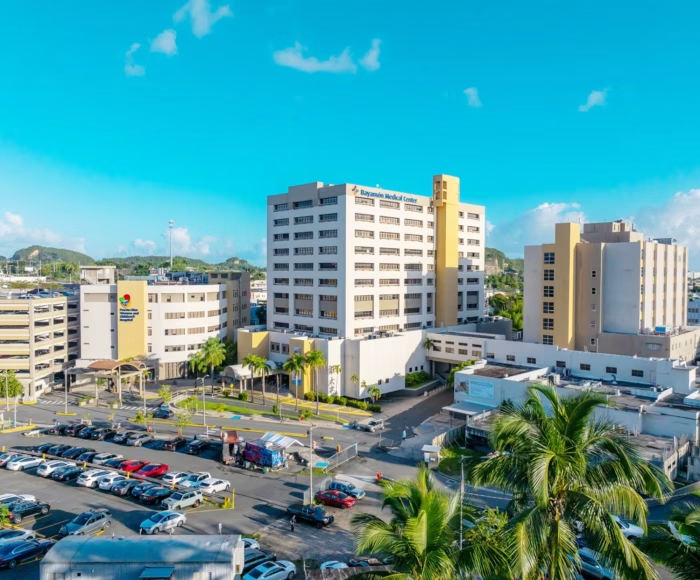
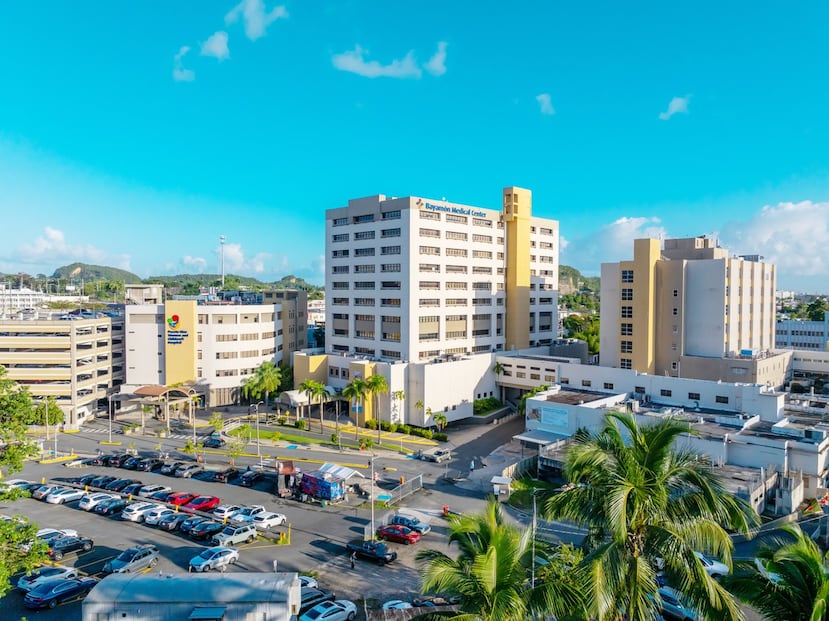





![[Opinion] Beyond traditional financing: expanding access to capital through syndicated private credit structuring](https://bloximages.newyork1.vip.townnews.com/elvocero.com/content/tncms/assets/v3/editorial/7/90/790cf06c-9a08-48af-be05-2740768ff0b5/68b75de8a7358.image.jpg?resize=400%2C209)
